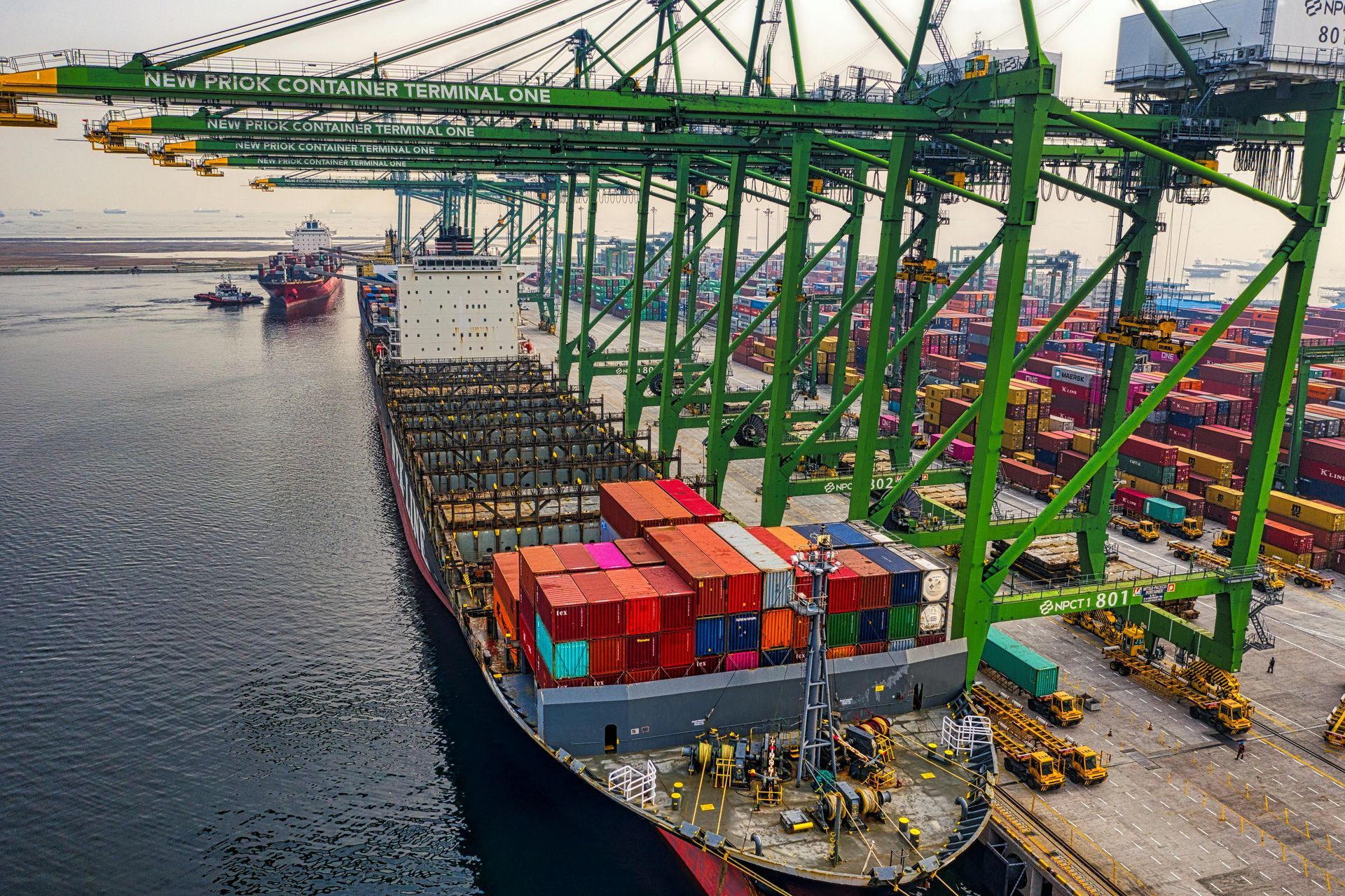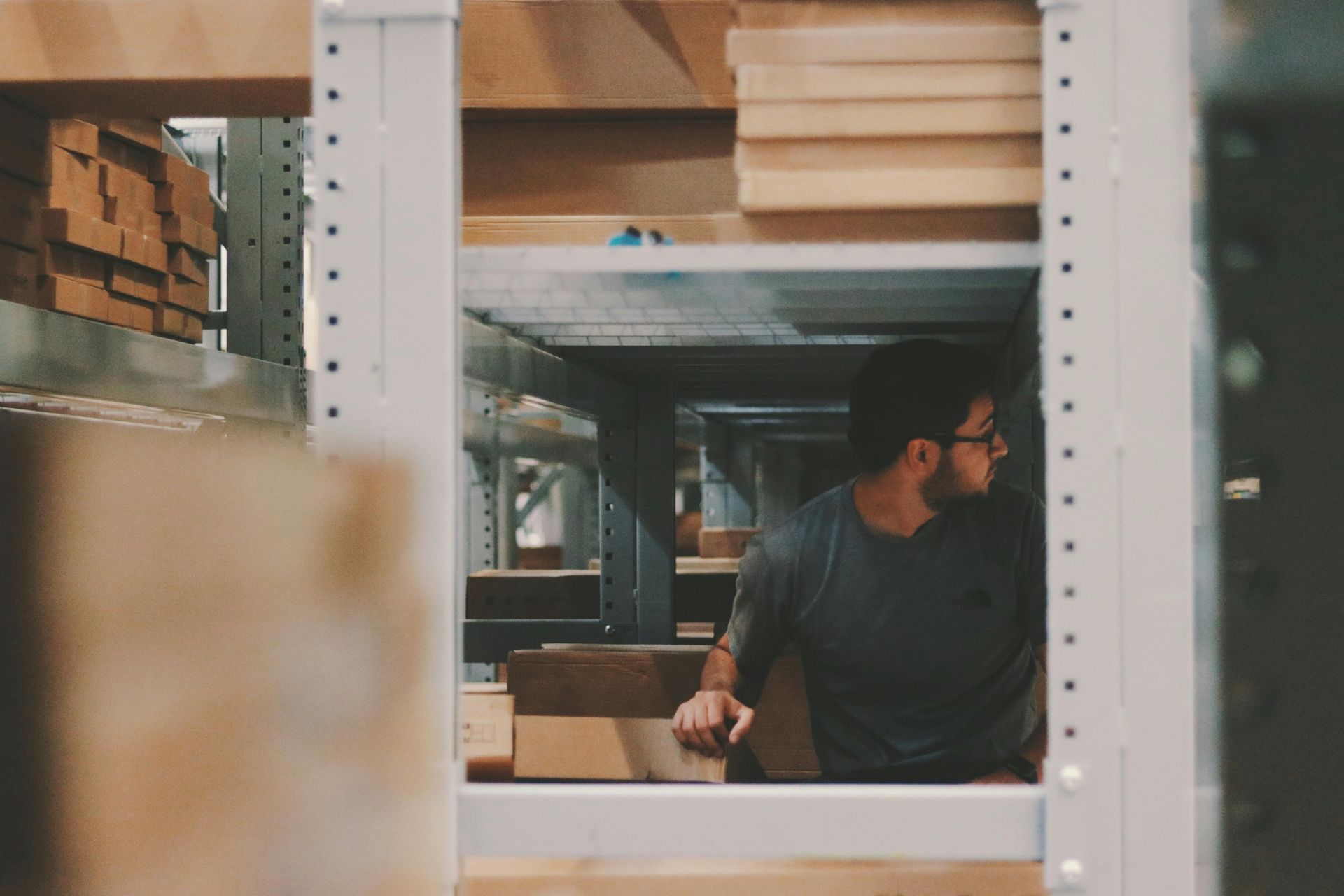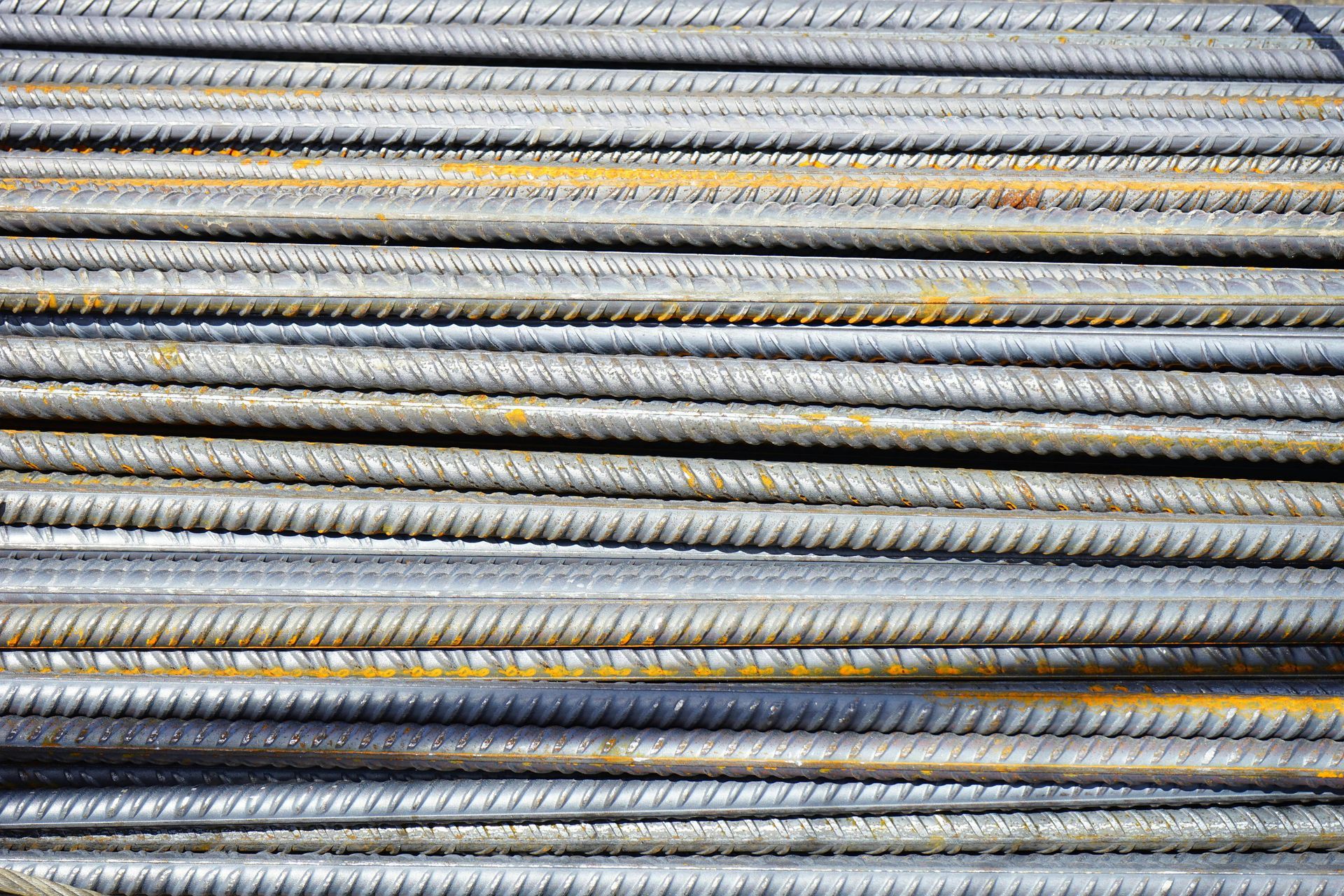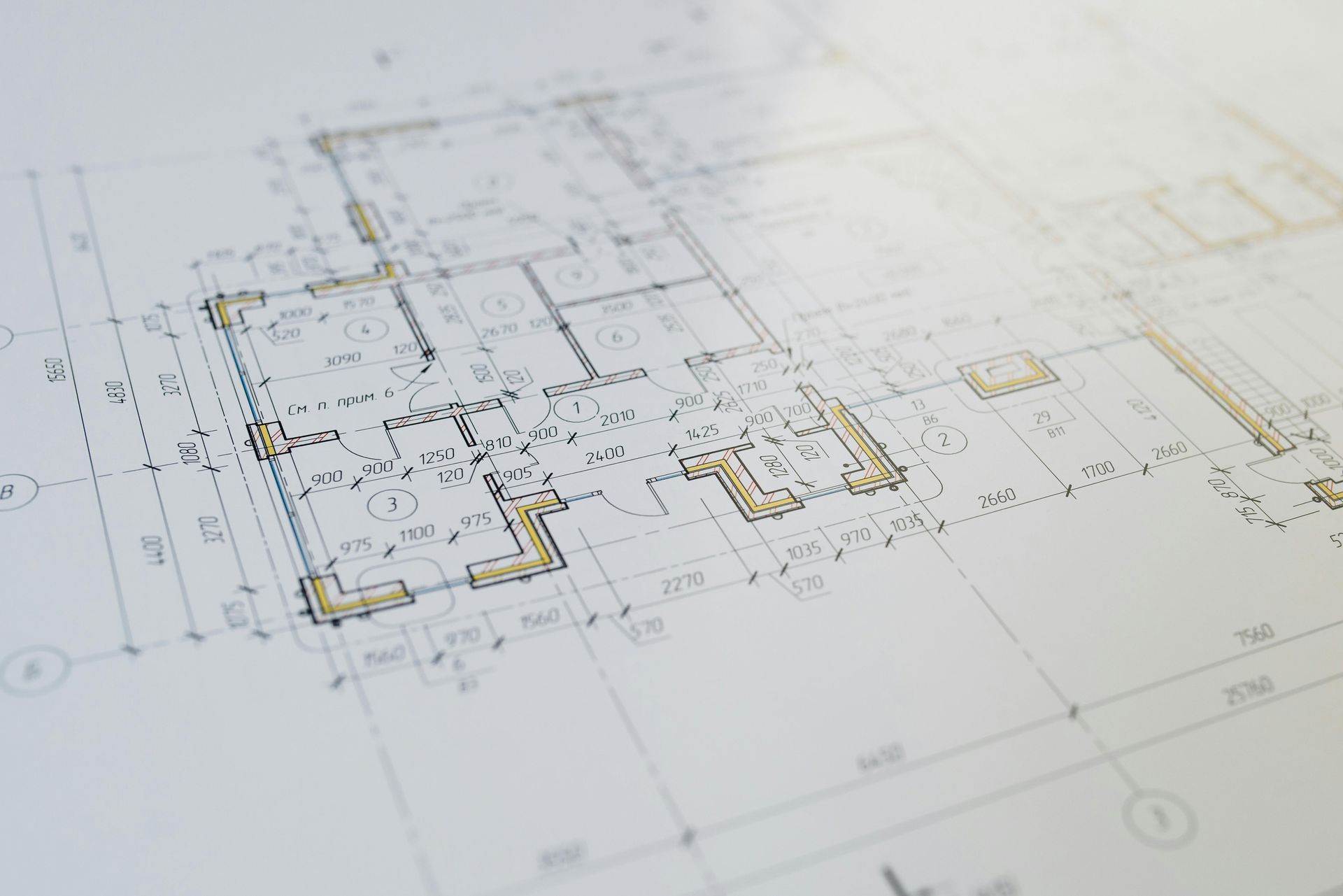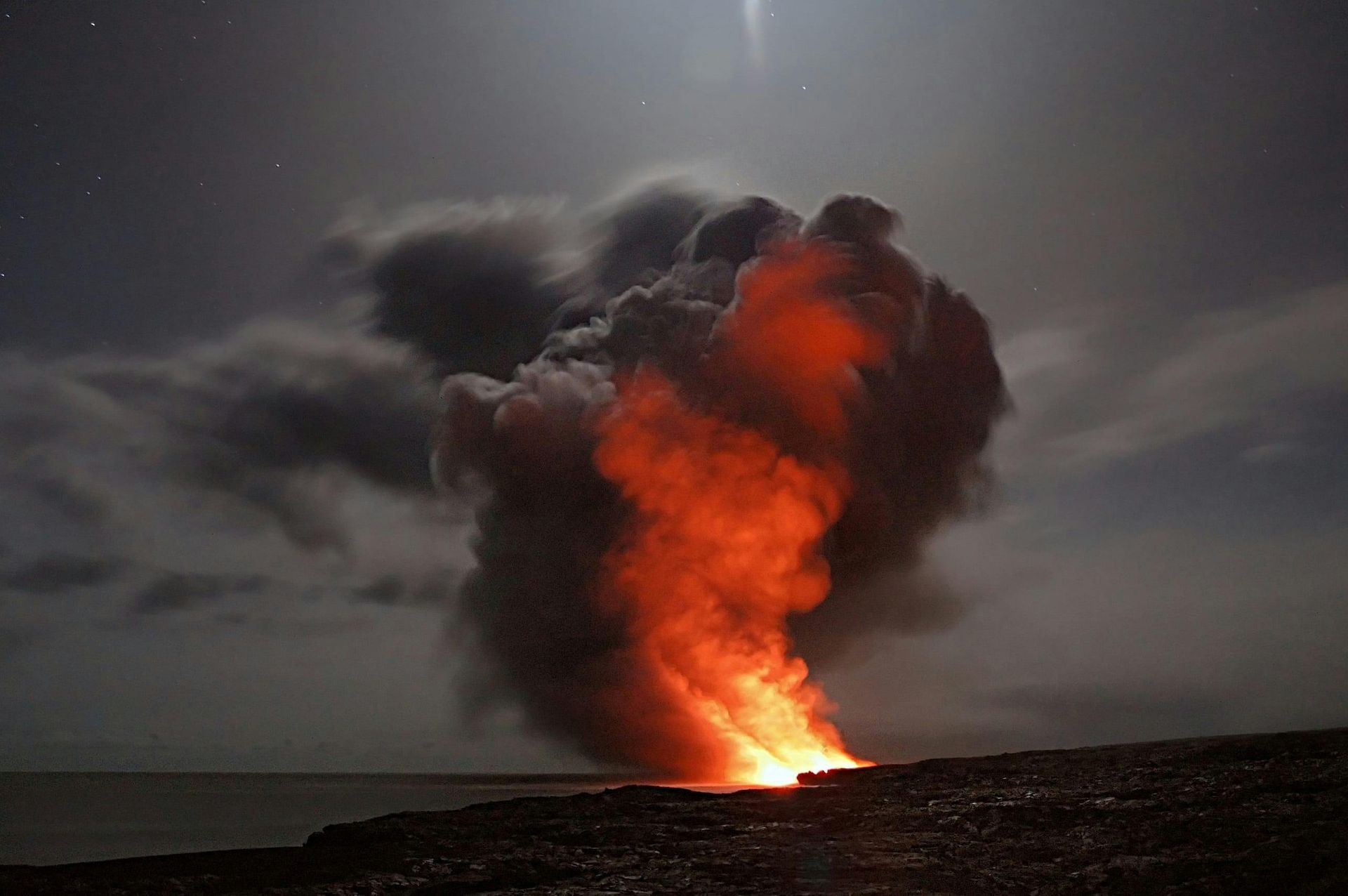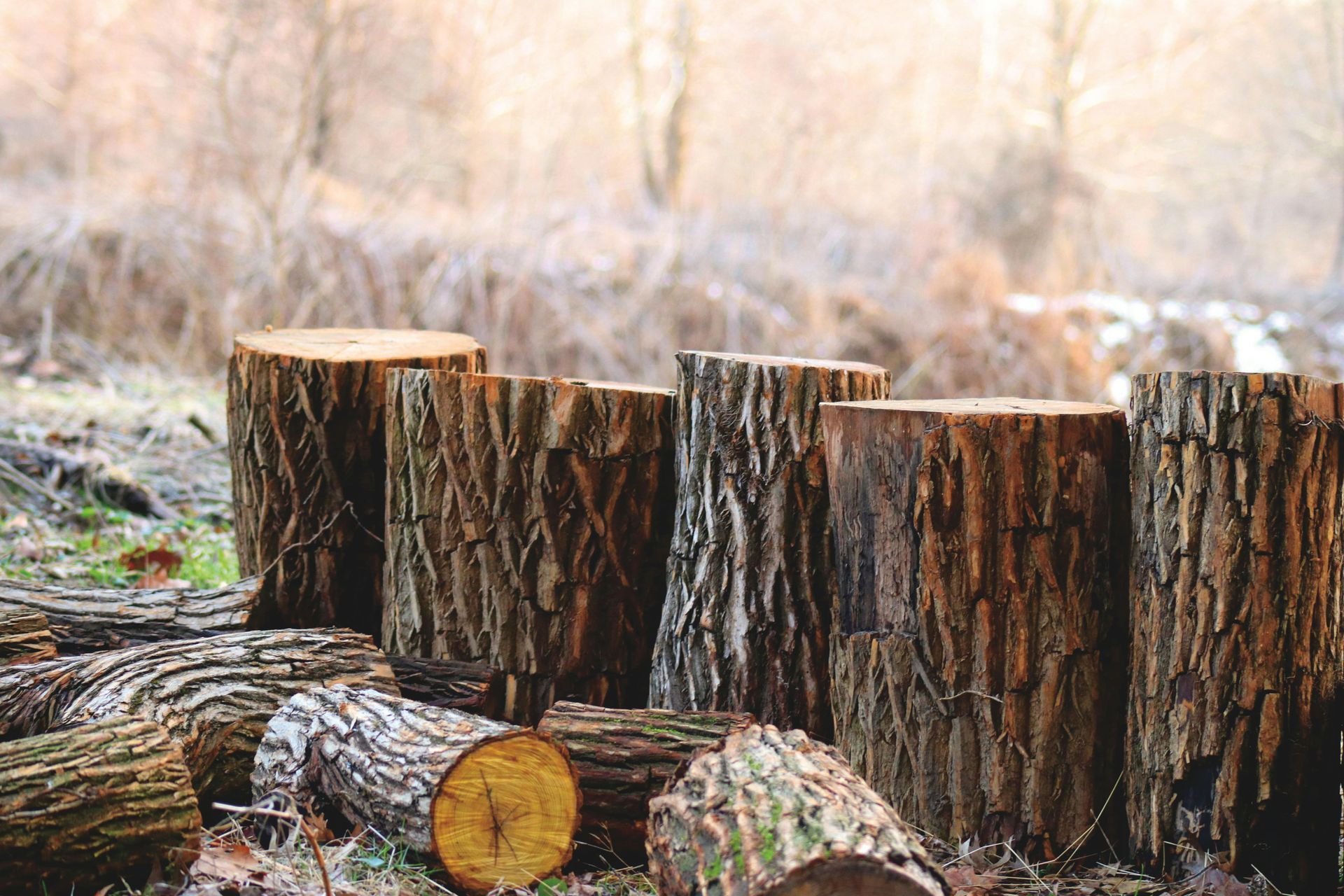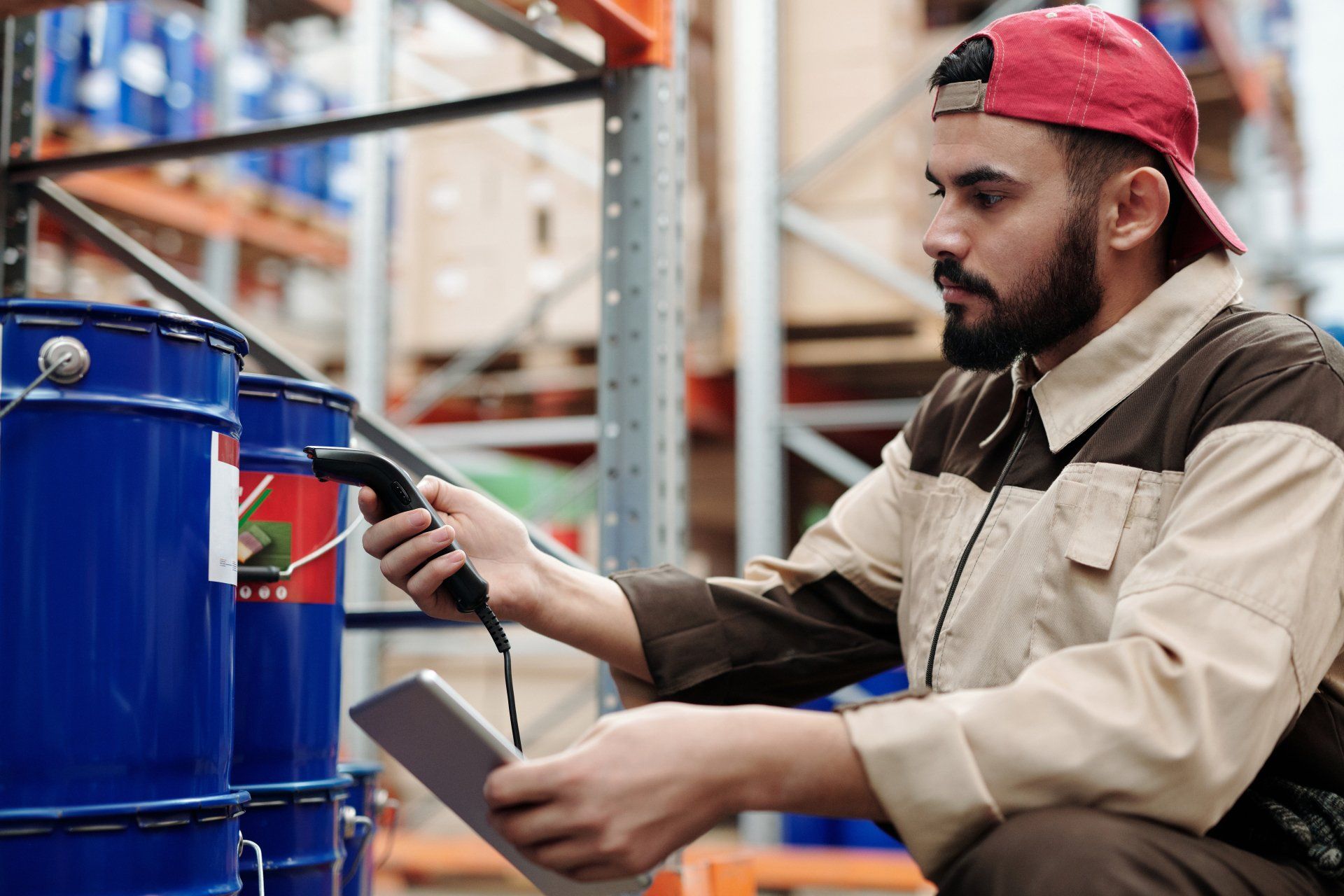Social Spaces in MDUs: Building Community in Urban Living
In today's fast-paced world, building a sense of community is more important than ever. As urban living continues to grow, Multiple Dwelling Units (MDUs) have the unique opportunity to create social spaces that foster a sense of belonging and connection among residents. By providing thoughtfully designed communal areas and shared amenities, MDUs can become more than just a place to live—they can become vibrant, thriving communities where residents feel a sense of comfort and togetherness.
In this blog post, we will explore various types of social spaces that can be integrated into MDUs, their benefits for residents, and how they can create a stronger sense of community. From rooftop lounges to co-working areas, these social spaces play a key role in transforming MDUs into engaging and welcoming urban environments.
Rooftop Lounges and Outdoor Spaces
Rooftop lounges and outdoor communal areas are some of the most desirable social spaces for residents living in MDUs. These areas provide an ideal setting for residents to relax, socialize, and enjoy fresh air without having to leave their building.
- Rooftop Gardens: Rooftop gardens not only provide an opportunity for residents to connect with nature, but they also serve as a perfect place for casual gatherings, picnics, and events. With comfortable seating, shaded areas, and lush greenery, rooftop gardens encourage residents to spend time outdoors, socialize, and build relationships with their neighbors.
- Outdoor Grilling Stations: Grilling stations are popular amenities that bring people together over food and conversation. By incorporating communal grilling areas with tables and seating, MDUs can create a space where residents can host barbecues, cookouts, and casual dinners with friends and neighbors. These shared culinary experiences help foster connections and create a welcoming atmosphere.
- Fire Pits and Seating Areas: Outdoor fire pits surrounded by cozy seating are perfect for evening gatherings, providing a warm and inviting space for residents to relax and socialize. Whether residents are roasting marshmallows, enjoying a conversation, or simply stargazing, fire pits create a unique and memorable experience that encourages social interaction.
Co-Working Spaces and Business Centers
With the rise of remote work, co-working spaces have become an essential amenity for many residents. Creating shared workspaces in MDUs can cater to the needs of remote workers, freelancers, and entrepreneurs, while also providing opportunities for social interaction and networking.
- Shared Co-Working Areas: Co-working areas with comfortable desks, ergonomic chairs, and high-speed internet provide a professional environment for residents who work from home. These shared workspaces allow residents to be productive while having the chance to meet others and build connections.
- Meeting Rooms: Including private meeting rooms or conference areas in the co-working space can provide a more formal setting for business meetings, virtual calls, or collaborative projects. Meeting rooms equipped with video conferencing technology can make it easier for residents to conduct work-related activities while fostering a professional atmosphere.
- Networking Events: Hosting networking events, workshops, or skill-building sessions in the co-working space can help residents connect with like-minded individuals and create a sense of community. These events provide an opportunity for residents to share their expertise, learn new skills, and support each other's professional growth.
Community Rooms and Multi-Purpose Spaces
Community rooms are versatile social spaces that can be used for a wide range of activities, from casual gatherings to organized events. These spaces are essential for creating a sense of community and encouraging residents to come together.
- Game Rooms: Game rooms with amenities such as pool tables, foosball, board games, and video gaming consoles provide residents with a fun and relaxed space to unwind. Game rooms are ideal for both individual and group activities, making them a popular spot for residents of all ages to gather and enjoy some leisure time.
- Event Spaces: Multi-purpose community rooms can be used to host various events, such as movie nights, book clubs, or holiday celebrations. These spaces can be booked by residents for private gatherings, such as birthday parties or social events, creating opportunities for residents to interact and build relationships with their neighbors.
- Workshops and Classes: Hosting workshops and classes, such as cooking demonstrations, art lessons, or fitness sessions, can provide residents with opportunities to learn new skills and engage in activities that interest them. These events also help foster a sense of community, as residents come together to participate in shared experiences.
Fitness Centers and Wellness Areas
Fitness centers and wellness areas not only promote health and well-being but also serve as social spaces where residents can meet and connect with others who share similar interests. Creating communal fitness and wellness areas encourages residents to stay active while also building a sense of community.
- Group Fitness Classes: Offering group fitness classes, such as yoga, pilates, or spinning, can encourage residents to exercise together in a supportive environment. Group classes help create a sense of camaraderie and accountability, making it easier for residents to stay motivated and connect with others.
- Outdoor Fitness Areas: Outdoor fitness areas, such as jogging tracks, exercise stations, or yoga decks, provide residents with opportunities to stay active while enjoying the outdoors. These areas are perfect for both individual workouts and group activities, creating a space where residents can engage in physical activity while socializing.
- Wellness and Relaxation Spaces: Wellness areas, such as meditation rooms or spas, provide residents with a space to relax and unwind. Hosting guided meditation sessions, wellness workshops, or relaxation events can help residents prioritize their well-being while also creating a sense of community.
Pet-Friendly Social Spaces
For many residents, pets are an important part of their lives, and pet-friendly social spaces can play a key role in creating a welcoming community for both residents and their furry companions.
- Dog Parks: On-site dog parks provide a dedicated space for pets to play and socialize, while also giving pet owners a chance to connect with each other. These parks often become popular meeting spots for residents, fostering a sense of community among pet lovers.
- Pet Events: Hosting pet-focused events, such as pet costume contests, training sessions, or adoption events, can create opportunities for pet owners to socialize and connect. These events celebrate residents' pets and create a positive, inclusive atmosphere within the community.
Shared Culinary and Dining Spaces
Shared culinary spaces, such as communal kitchens and dining areas, provide residents with the opportunity to enjoy cooking and dining experiences together. These spaces encourage social interaction and create opportunities for residents to connect over shared meals.
- Communal Kitchens: A well-equipped communal kitchen can be used for cooking classes, potluck dinners, or culinary demonstrations. Residents can gather to cook together, share recipes, and enjoy a meal in a communal setting, fostering a sense of connection and community.
- Dining Halls and Rooftop Dining Areas: Dining halls or rooftop dining areas with large tables and comfortable seating provide an inviting space for residents to share meals. These spaces can be used for organized events, such as themed dinners or holiday feasts, allowing residents to celebrate and connect over food.
Creating a Sense of Belonging in MDUs
Social spaces are essential for transforming MDUs from simple living spaces into thriving communities. By incorporating a variety of communal areas, such as rooftop lounges, co-working spaces, community rooms, fitness centers, pet-friendly areas, and shared culinary spaces, MDUs can create an environment where residents feel connected, engaged, and at home.
These social spaces not only enhance the quality of life for residents but also contribute to a sense of belonging and community. By providing opportunities for residents to interact, share experiences, and build relationships, MDUs can create vibrant, inclusive communities that support the well-being of all residents. Investing in social spaces is about more than just providing amenities—it's about creating a place where people truly feel like they belong, making MDUs a true home for urban living.
